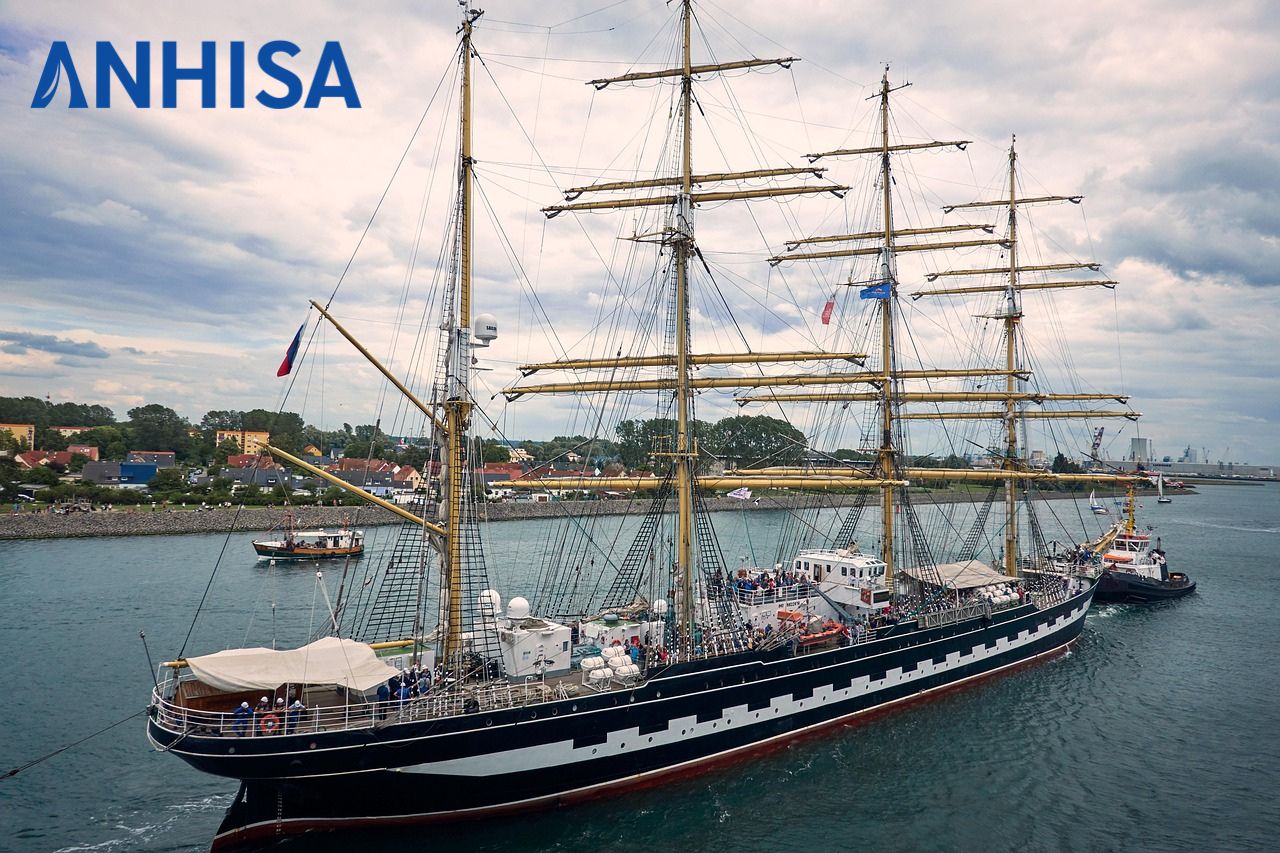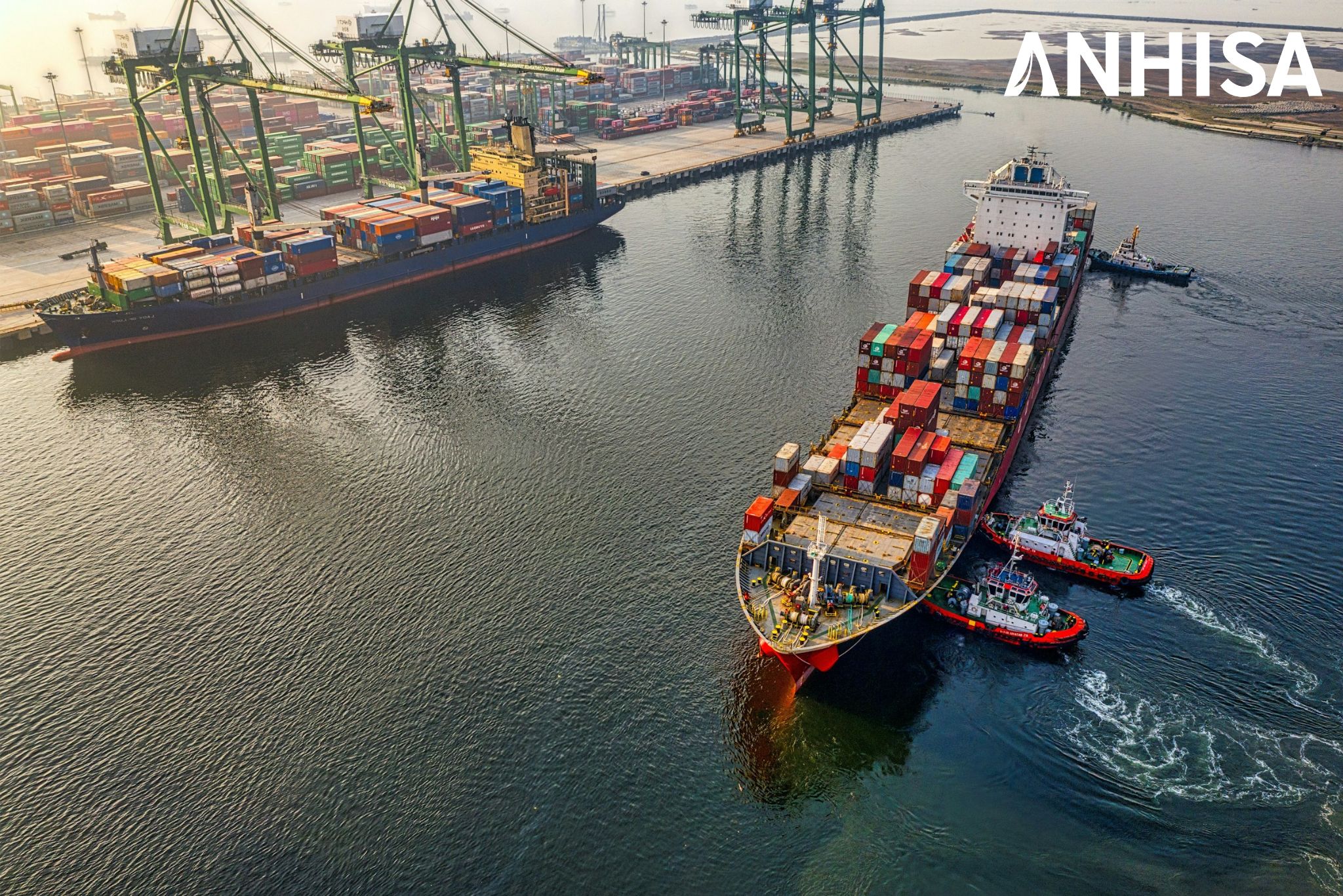SHIPWRECK: RESOLUTION FOR INVOLVED DISPUTES
July 23, 2025
Foreword
Navigating the sea waters of maritime law can be challenging, the removal of shipwrecks is a legally regulated process involving safety, environmental protection, and navigational interests. In Vietnam, this matter is primarily governed by the 2015 Maritime Code and Decree No. 05/2017/ND-CP. These legal instruments empower competent authorities to take necessary action when a wreck or derelict vessel poses a threat to navigation, the marine environment, or public order.
Shipowners may be held liable not only for organizing and carrying out the removal of a wreck but also for reimbursing the costs incurred by the authorities if they intervene. In cases of non-compliance, the authorities are permitted to enforce removal unilaterally and recover the associated expenses through legal means.
Wreck removal also raises commercial and contractual considerations, particularly when it involves salvage operations or the sale of the wreck to third parties. These scenarios may lead to disputes over responsibility, cost allocation, or contractual performance, which can be subject to resolution through litigation or arbitration, depending on the agreements in place.

Strategic Wreck Purchase and Salvage Contracts
In maritime practice, when a vessel becomes a wreck, shipowners are often faced with the dual challenge of ensuring regulatory compliance in wreck removal while simultaneously minimizing the financial and logistical burdens associated with such operations. One commonly adopted solution is to enter into a combined contract for both salvage services and the sale of the wreck on an “as is, where is” basis.
Under this approach, the salvor is contracted not only to undertake the physical removal of the wreck but also to acquire ownership of the wreck in its existing condition and location. This structure enables a more commercially efficient resolution of the wreck by streamlining the salvage and disposal processes into a single transaction. Instead of the shipowner needing to separately engage in negotiations to find a buyer for the wreck post-removal, the salvor assumes that responsibility upfront.
Financially, the value of the wreck is often recoverable through its scrap value is credited against the cost of the salvage operation. In many cases, this deduction reduces the net amount payable by the shipowner or their insurers. From a timing perspective, it also expedites the removal process by avoiding delays associated with post-salvage asset disposal. This arrangement is particularly useful in jurisdictions such as Vietnam, where authorities may impose strict timelines in wreck clearance under instruments like the Maritime Code and Decree No. 05/2017/ND-CP.
Therefore, the strategic combination of wreck sale and salvage contract under “as is, where is” terms offer a pragmatic and cost-effective pathway for shipowners and their P&I Clubs to address wreck removal obligations while limiting exposure to prolonged negotiations, escalating removal costs, or regulatory enforcement.

Arbitration as an Effective Mechanism for Resolving Wreck Removal Disputes
The process of shipwreck removal often gives rise to legal disputes, ranging from delayed payments and disagreements over salvage fees to claims that exceed the contractual framework. In such contexts, arbitration is increasingly recognized as an effective mechanism for dispute resolution. It offers several advantages, including a more expedited timeline compared to court litigation and confidentiality of arbitral proceedings.
Between 2020 and 2022, ANHISA represented various shipowners in arbitration proceedings concerning wreck sale and salvage agreements. In many of these cases, the contracts incorporated dispute resolution clauses referring matters to arbitration. Notably, the disputes in which we acted on behalf of clients were resolved within 5 to 8 months, significantly accelerating the process compared to traditional court litigation.
The use of arbitration in this context has proven particularly appropriate, offering a balance between procedural efficiency and fairness. It also protects commercial relationships and sensitive information throughout the proceedings. The relatively short duration of arbitration further contributes to cost-effectiveness for both shipowners and salvors.
AUTHORS
DANG VIET ANH
Managing Partner
Mobile: (+84) 983 467070
Email: [email protected]
NGUYEN THI TUYET MAI
Senior Associate
Mobile: (+84) 939 117398
Email: [email protected]
This article aims to furnish our clients and contacts with general information on the relevant topic for reference purposes only, without creating any duty of care on the part of ANHISA. The information presented herein is not intended to serve, nor should it be considered, as a substitute for legal or other professional advice.
ANHISA LLC AND OUR EXPERTISE
ANHISA LLC is a boutique law firm specializing in Dispute Resolution, Shipping and Aviation. Being the leading lawyers in various fields of law, our qualified, experienced, and supportive team of lawyers know how to best proceed with a case against or in relation to Vietnamese parties and are well equipped to provide clients with cost-effective and innovative solutions to their problems.
Regarding dispute resolution, we have represented Vietnamese and foreign clients in the resolution of disputes involving maritime, construction, commercial and civil matters. Our lawyers are well-equipped to offer services on a wide range of disputes and conflicts, whether cross-border or purely domestic, to appear before any Judges or Arbitral Tribunals. The firm is prepared to assist clients in designing the appropriate dispute resolution procedure to help resolve conflicts as efficiently and cost effectively as possible, which may involve combining elements of mediation and other methods such as arbitration.
Related posts
- TEL:
- Hanoi Office: +84 24 320 47609
- Saigon Office: +84 28 5416 5873
- HOTLINE:
- +84 (0) 939 117 398
- +84 (0) 983 488 380





